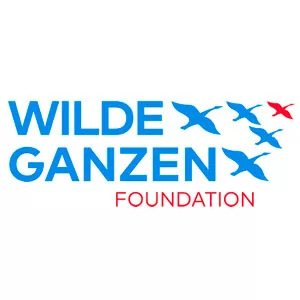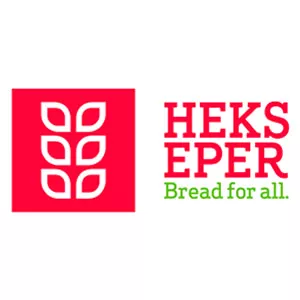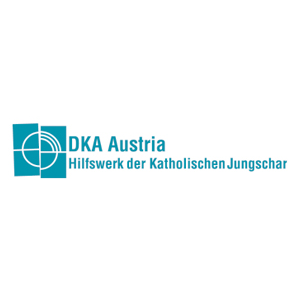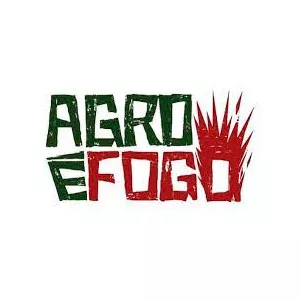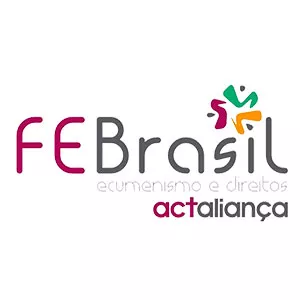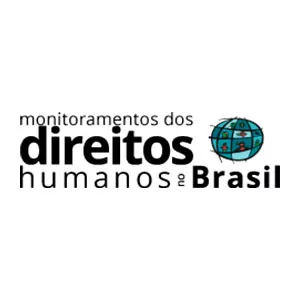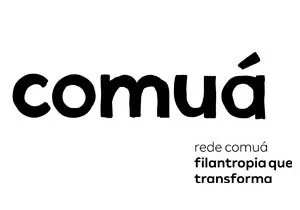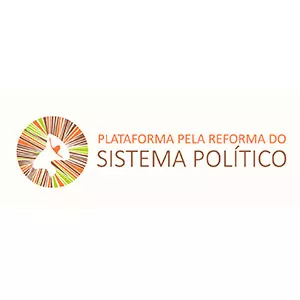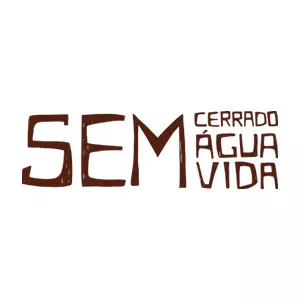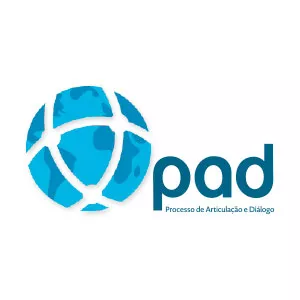Ecumenical Mission in support of the Guarani-Kaiowá of Mato Grosso do Sul
26 de July de 2016Last Tuesday, 12 July, there was another attack on the Guarani-Kaiowá of Mato Grosso do Sul (MS). Three indigenous people: a 32-year-old man and two teenagers aged 15 and 17, were shot. The crimes occurred in the middle of an activity to demarcate the territories of the indigenous people in the region of Caarapó. The indigenous group were camping in “Tekoha-Guapoy”, and were attacked by gunmen who arrived in four trucks and a tractor.
ECUMENICAL MISSION
IN SUPPORT OF THE GUARANI-KAIOWÁ OF MATO GROSSO DO SUL
This is the third attack on the Guarani-Kaiowá in the region of Dourados (MS) over the last month. On 14 June, indigenous community member Clodiodi de Souza was murdered and another six indigenous people were shot, including a 12-year-old child.
Faced with the war in the state being waged against indigenous people by members of the rural caucus and their armed militia, the Ecumenical Coordination of Service (Coordenadoria Ecumênica de Serviço: CESE), the National Council of Christian Churches of Brazil (Conselho Nacional de Igrejas Cristãs do Brasil: CONIC), the Ecumenical Centre for Biblical Studies (Centro Ecumênico de Estudos Bíblicos: CEBI) and the Process of Networking and Dialogue (Processo de Articulação e Diálogo: PAD), which has been coordinating the Ecumenical Mission since October 2015, set out to Mato Grosso do Sul on a new mission.
The aim of the act was denunciation
“Guaranis and Terenas welcomed each other and those who came in solidarity” Rafael Soares de Oliveira (Koinonia)
A war is being waged in the state of Mato Grosso do Sul. According to reports from the Indigenous Missionary Council (Conselho Indigenista Missionário: CIMI), between 2000 and 2014 alone, 390 indigenous people were killed in the State.
A public convocation was made for the II Ecumenical Act in defence of indigenous peoples, which took place on 14 July in front of Mato Grosso do Sul’s Legislative Assembly
As well as denouncing the crimes committed by rural caucus members and the absence of the State, the act sought to make the public aware of the importance of everybody supporting the fight to guarantee the rights of indigenous peoples, as enshrined in the Brazilian Constitution of 1988.
Religious people from a range of traditions and regions protested against the violence, which, in the majority of cases, is practiced by rural caucus members.
“The situation is only getting worse. Several denunciations have been made and a number of documents published, both within and outside Brazil. We are here in the name of a number of ecumenical organizations committed to the struggle for rights. While indigenous blood is on the floor, we cannot stay silent” said Pastor Sônia Mota (CESE).
Pastor Sônia also reminded us that one of the proposals of the organizations present is to hold the government and institutions to account for their attitudes in order to secure respect for the rights of indigenous peoples.
“We grew up in suffering. In 1988, we fought to guarantee our rights within the constitution. We managed to obtain two articles enshrining the sacred right to land. And they want to remove us. Our people are paying for this dearly. Two Parliamentary Inquiry Commissions (Comissões Parlamentares de Inquérito: CPI) have stated that we are guilty. They have even said that we would invade the city, in order to turn urban society against our people. We will not be silenced. Rights are not negotiated or abandoned,” declared Terena Chief Alberto da Terra Buriti.
Although the intensification of territorial conflicts has galvanized certain sections of society, according to the Indigenous Missionary Council (Conselho Indigenista Missionário: CIMI) report, in 2014 alone 138 indigenous people were killed. The recent attacks and deaths represent the continuation of a very long history of the denial of rights.
As well as killings and campaigns to delegitimize the indigenous cause, the population also suffers from a high infant mortality rate – 42 deaths per 1000 live births (while the national average is 22) – and malnutrition, which is the main cause of death among indigenous children under 9 years old. Amongst adults, the suicide rate is more than five times higher than the national average, principally affecting young people.
“We know that the young people suffering today have specific attitudes, situations and demands. They live in the city peripheries, struggling for land as you are here. We have come here to tell you that your mourning is our mourning and your pain is our pain. Do not think you are alone. We know that there is a lot of difference between our situation and those who have lost family members, but I believe that together we can create stronger resistance”, said Edoarda Scherer, Facilitator of the Ecumenical Youth Network (Rede Ecumênica da Juventude: REJU)
Ecumenical Mission meets with Chief Prosecutor for the indigenous question in MS
The missionaries visited the state for the second time, focusing on the defence of and support to the Guarani Kaiowá. After the significant act held in the Legislative Assembly, they went on to a meeting with Emerson Kalif Siqueira, Chief Prosecutor for indigenous matters in the State at the Federal Public Prosecutor’s Office (Ministério Público Federal: MPF).
The mission coordinator reinforced concerns about the genocide taking place in the State and the constant attacks on communities and tekohás (villages and sacred sites).
In her introduction of the Mission, Pastor Sônia Mota, who is from Salvador and represents the Ecumenical Coordination of Service (Coordenadoria Ecumênica de Serviço: CESE), emphasized that it is with sadness, but with a great determination to continue walking alongside the indigenous peoples of MS, that the missionaries returned to the State.
“When we were here in October 2015, indigenous leader Simeão Vilharva had just been killed and now we have come back because of the killing of health worker Clodiodi de Souza and the others who were wounded as a result of attacks to the area due to be restored [to the indigenous peoples]. And given that this scenario has intensified, we have decided to come back, to gather all possible information and go back to denouncing the situation to national and international bodies, doing everything possible to provide the support these people require; people who have suffered so much,” she said.
The missionaries heard a little about the war situation in the state and the measures that have been taken by the constituted authorities, in particular the Public Prosecutor’s Office, from MPF representative, Emerson Kalif.
“It is great to receive this Mission at the Department of Public Prosecutions, just as I received them last year, and it is extremely important to collaborate so that they can be the spokespeople for what is happening in MS. We should say that the Department of Public Prosecutions is investigating the background to these deaths and we are taking all the necessary steps”, he confirmed.
Adalto Barbosa de Almeida, representative of the Guarani Kaiowá people, took up the microphone and reinforced the importance of his people’s resistance in the fight for their land.
“We are confined, we don’t have sufficient living space for our families, for us the land is our mother, it bears fruit, it gives life and we need it to survive, we know that we are the true owners of the territories that have been recognized, we have maps, documentation and we are only fighting for our rights and this has cost the lives of many warriors, since the indigenous weapon is not a firearm, for us it is resistance, because we believe in greater justice,” he said.
The meeting ended with a blessing and a beautiful song sung by the Guarani Kaiowá people. Then the missionaries moved on to the Dourados (MS) municipality, the region which is the focus of recent conflicts and deaths.
Mission in Dourados
On Friday (15), the Ecumenical Mission to support the Guarani-Kaiowá visited the communities that suffered recent attacks.
According to local leaders, territorial conflicts in the region have already cost 400 lives. The Ecumenical Mission visited the Dourados-Amambaipeguá indigenous area in the municipality of Caarapó, the location of the most recent attack against indigenous peoples. The attack, which took place on 11 July, wounded one adult and two adolescents.
The day began with an ecumenical act with the Tey Jussú communities, followed by a visit to the Apyka’i community.
As well as participating in the ceremonies and public demonstrations, the religious group became acquainted with the lands that have been the platform and principal reason of the conflicts.
According to local leaders, the indigenous only claim 0.2% of state lands. Even claiming this fraction has provoked the rage of rural caucus members and led to a series of conflicts which have cost the lives of almost 400 people.
“We need you to tell everyone about what we are experiencing today. It is not easy for those of Guarani-Kaiowá blood to see our children suffering, massacred. It is not easy to see our leaders dying. And where is the investigation? Where is justice? Justice will only be done when the land is ours. And until this happens, they will continue killing us”, lamented teacher Elizabeth Fernandes, who is part of the coordination team for land restitution (the name the indigenous people give to their occupation of traditional territories).
The mission also went to the area where Clodiodi Aquileu Rodrigues de Souza was murdered on 14 June 2016.
The territory has been re-baptized. Now it is called Tekoha Kunumi Poty Vera, the “warrior who shines”, in homage to Clodiodi, the health worker who was killed in a recent attack which left several wounded including a 12-year-old child.
The religious group visited Clodiodi’s grave and held a special rite in her memory. The missionaries were greeted with chants and thanks in all the communities they visited.
The atmosphere, however, was one of distress and a great deal of apprehension. According to Chief Damiana, leader of the Apyka’i community, the landowners do not respect the Tekoha (the Kaiowá’s villages and sacred sites) nor, by extension, the indigenous tradition itself.
“We were treated like dogs. They expelled us and burnt everything. They even took the cross from my husband’s grave. We only want to return to our land,” Damiana said.
“A mission such as this went beyond our original intentions. It renewed our ecumenical commitment to the Kaiowá cause and to the churches’ challenge to be present in extreme situations regarding rights and the defence of life. But also hope amongst the local supporters, unity between different Tekohas, who are not able to meet on a daily basis and many different forms of prayer which conferred equal dignity on all the people there,” said Sônia Mota.
“ We will return to our places of origin and our work with the feeling that it was important to offer our solidarity and with the challenge to continue with our Mission.”
Ecumenical Mission in support of the Guarani-Kaiowá MS/July 2016
Text: Kátia Visentainer, Karina Villas Boas, Luana Almeida and Thiago Ansel.
Photos: Júlia Esther Castro, Karina Villas Boas, Rafael Soares Rodrigues and Sônia Mota





















